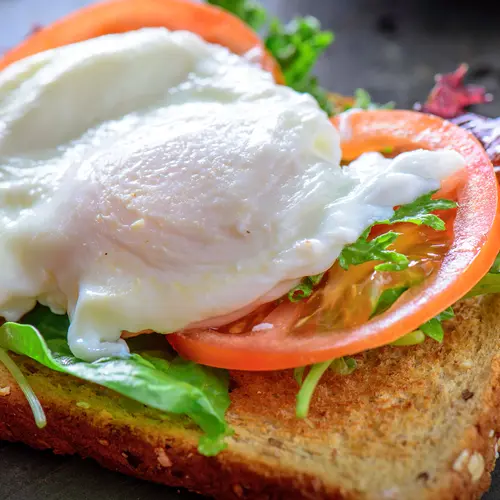From the ice cream aisle to the food court, frozen yogurt comes in tons of varieties and flavors. Like regular yogurt, the tangy frozen treat is made from milk fermented with live cultures. These are living organisms that aid in the fermentation process. The frozen stuff also typically includes sugar, flavorings, stabilizers, and cream.
Frozen yogurt makers often claim it is a healthier alternative to ice cream, but that depends on the ingredients. It's usually lower in fat and calories than ice cream, but it can be just as high in sugar.
Nutritional Information
A half-cup of regular frozen yogurt has about:
- 120 calories
- 4 grams of protein
- 2 grams of fat
- 17 grams of sugar
- 22 grams of carbohydrates
- 150 milligrams of calcium (12% of the "Daily Value" -- how much you need each day)
A half-cup of nonfat frozen yogurt has about:
- 110 calories
- 3 grams of protein
- 0 grams of fat
- 24 grams of sugar
- 24 grams of carbohydrates
- 100 milligrams of calcium
A half-cup of low-fat frozen Greek yogurt has about:
- 100 calories
- 6 grams of protein
- 1 gram of fat
- 14 grams of total sugar
- 18 grams of carbohydrates
- 100 milligrams of calcium
But the exact nutrition details differ depending on the brand and ingredients. Check the nutritional information on the package before you buy, or ask at the frozen yogurt shop.
Frozen yogurt also comes in dairy-free versions made with soy, coconut, or nut milk, but they're not necessarily healthier. Greek yogurt, frozen or not, can have more protein and less fat than other options.
Health Benefits
Most frozen yogurt, just like the regular stuff, contains live probiotic cultures. These are good bacteria that can help build a healthy gut, lower blood pressure, and improve your immune system -- your body's defense against germs.
The amount of probiotics in a scoop varies. Frozen yogurt often has fewer cultures than the refrigerated version. And some products have no live probiotics at all. If these good bacteria are what you're after, look for a seal that says "Live and Active Cultures."
Some frozen yogurts can also be a good source of bone-building calcium.
Things to Watch Out For
Remember, frozen yogurt is a dessert, not a health food. Don't overdo it. It's easy to turn a little treat into a super-sized sundae.
Check serving sizes for guidance. And limit yourself when using self-serve machines. Choose a small dish, and avoid the temptation to fill up the whole cup. At the toppings bar, skip candy and sprinkles and choose unsweetened fruit and nuts, which will help fill you up.
Aim for the frozen yogurt with the fewest ingredients. Fewer ingredients means fewer additives.
Keep in mind that if a dessert is fat-free, it likely has more sugar, thickeners, or emulsifiers. You want to get the best of all worlds: the lowest sugar, fat, calories, and sodium. To avoid the extra sugar often added to frozen yogurt, freeze regular yogurt into pops.
To make your own frozen yogurt, check out these recipes:
